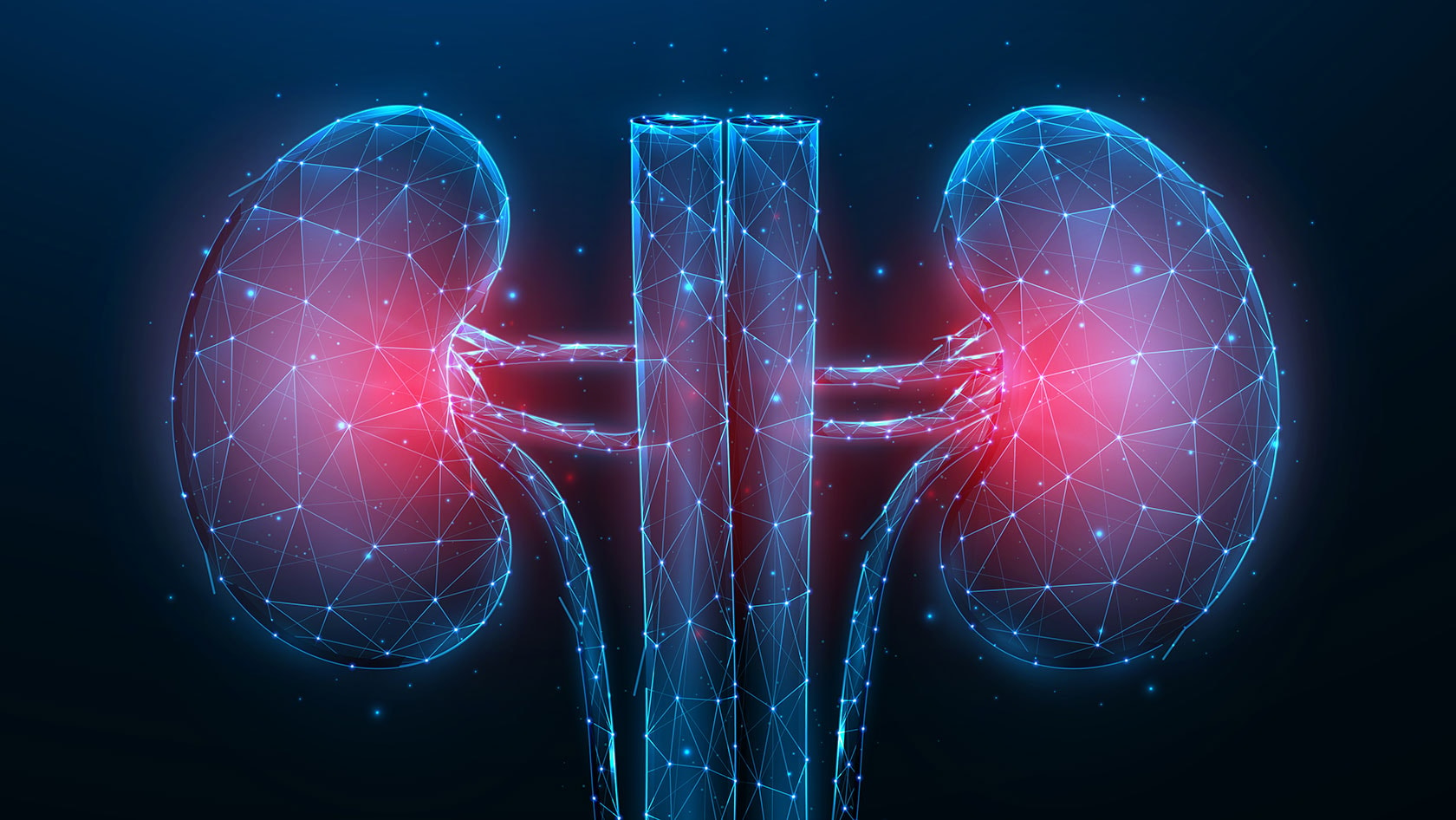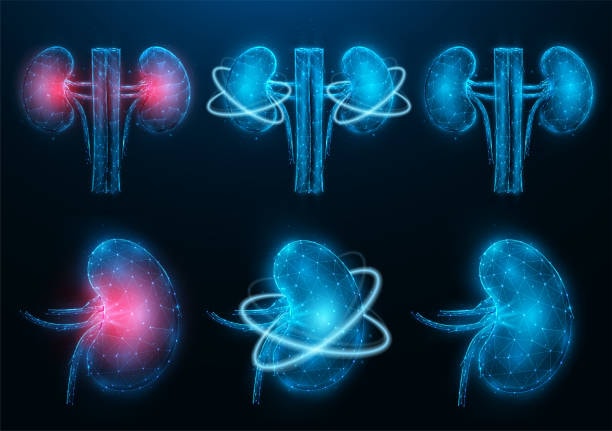Top Kidney Transplant Fellowship Programs for Aspiring Nephrologists
What is a Transplant Nephrology Fellowship Program?
A renal transplant fellowship program is a specialized training program for nephrologists who want to pursue a career in kidney and pancreas transplantation. It offers a comprehensive learning experience that combines both theoretical knowledge and practical skills essential for managing complex transplant cases. This specialized program is designed to immerse fellows in the intricacies of transplant nephrology, focusing on patient evaluation, transplant surgery, and post-transplant care. The fellowship emphasizes the high volume of kidney transplants performed annually, providing trainees with extensive clinical experience and showcasing the institution’s capabilities in managing complex transplant cases. By the end of the program, fellows are equipped with the knowledge, skills, and expertise needed to become successful transplant nephrologists.
Benefits of a Transplant Nephrology Fellowship
-
Provides specialized training in kidney, pancreas, and renal transplant programs.
-
Offers hands-on experience in transplant surgery and post-transplant care.
-
Prepares fellows for a career as a transplant nephrologist.
-
Enhances knowledge and skills in transplant nephrology.
-
Provides opportunities for research and academic pursuits, fostering a scholarly training environment.

Program Characteristics
Program Structure and Curriculum
-
The program is typically one to two years in duration, offering a rigorous academic environment that fosters both personal and professional growth. This timeframe allows fellows to immerse themselves fully in the field of transplant nephrology, gaining a deep understanding of the complex processes involved in kidney transplantation.
-
The curriculum includes didactic lectures, clinical rotations, and research opportunities, providing a comprehensive educational experience. These components are designed to equip fellows with the theoretical knowledge and practical skills necessary for effective patient management and innovative research in transplant nephrology.
-
The program is designed to provide comprehensive training in all aspects of transplant nephrology, including advanced clinical training. This includes exposure to cutting-edge research, participation in multidisciplinary care teams, and opportunities to engage with leading experts in the field. Fellows are encouraged to develop their own research projects, contributing to both clinical and basic research initiatives that advance the field of transplant nephrology. Through this robust training, fellows are prepared to become competent transplant nephrologists, ready to face the challenges of the field and improve patient outcomes.
Faculty and Mentoring
-
The program is led by experienced transplant nephrologists who serve as mentors and role models.
-
The faculty is committed to providing individualized attention and guidance to each fellow.
-
The program has a strong track record of producing successful renal transplant nephrologists, who are competent transplant nephrologists ready to face the challenges of the field.
Clinical Experience
Fellows gain hands-on experience in transplant surgery and post-transplant care, including the comprehensive clinical training and patient management duties of a transplant nephrology fellow, with a focus on kidney transplants. The program emphasizes the volume and comprehensiveness of clinical training, providing exposure to a high number of kidney transplants performed annually. Fellows work closely with transplant infectious disease specialists to manage transplant recipients and participate in kidney transplant biopsies, interpreting results to develop expertise in managing kidney transplant patients and pancreas transplant recipients.

Research Opportunities
-
The program offers opportunities for research in transplant nephrology, encouraging fellows to engage in both clinical and basic research.
-
Fellows can participate in clinical trials and research studies, gaining valuable research experience.
-
The program has a strong track record of publishing research in top-tier journals, contributing to meaningful clinical research.
Career Opportunities and Outcomes
-
Graduates of the program have gone on to become successful transplant nephrologists, with many becoming transplant physicians and transplant surgeons. They have excelled in various roles within the field, showcasing their expertise and dedication to advancing transplant medicine. These accomplished professionals often lead multidisciplinary teams, contributing to the innovation and improvement of transplant programs worldwide.
-
The program has a strong track record of placing graduates in top transplant programs, including UNOS accredited transplant programs. This success is a testament to the program’s rigorous training and comprehensive curriculum, which prepare fellows to meet the high standards of these prestigious institutions. Graduates are well-equipped to handle the challenges of transplant nephrology, making significant impacts in their respective roles.
-
Graduates are permitted to become medical directors of a kidney transplant program, showcasing their leadership in the field. As medical directors, they play a crucial role in shaping the future of kidney transplantation, implementing performance improvement initiatives, and ensuring the highest quality of care for transplant recipients. Their leadership and vision drive the success of transplant programs, fostering a culture of excellence and innovation in transplant nephrology.
Kidney and Pancreas Transplantation
-
The program provides comprehensive training in kidney and pancreas transplantation, offering a very thorough exposure to the field.
-
Fellows gain expertise in managing kidney transplant candidates and pancreas transplant recipients.
-
The program has a strong track record of performing successful kidney transplants and pancreas transplants, highlighting the high volume of kidney transplants performed annually and the extensive clinical experience gained by trainees.
Transplant Nephrology Fellowship Program Evaluation
-
The program is evaluated annually by the American Society of Transplantation, ensuring it meets the highest standards of excellence in education and clinical practice. This rigorous evaluation process includes a comprehensive review of the curriculum, faculty qualifications, and clinical training opportunities, guaranteeing that fellows receive the most up-to-date and relevant education in transplant nephrology.
-
The program meets the requirements for accreditation, maintaining its status as a leading fellowship program. Accreditation ensures that the program adheres to national standards, providing fellows with the credentials needed to excel in their careers. This status is a testament to the program’s commitment to continuous improvement and excellence in training.
-
The program has a strong track record of producing successful transplant nephrologists who contribute significantly to the field. Alumni of the program are often recognized for their leadership, innovation, and dedication to advancing transplant medicine. They have gone on to hold prestigious positions in top transplant centers, influencing the future of kidney and pancreas transplantation through meaningful clinical research and performance improvement initiatives. Their achievements underscore the program’s role in shaping the next generation of transplant nephrologists dedicated to improving patient outcomes and advancing the field of
Patient Care and Ethical Considerations
Patient care is a cornerstone of transplant nephrology, where the unique needs and circumstances of each patient are paramount. Transplant nephrologists must consider a patient’s medical history, lifestyle, and personal preferences to provide tailored care. Ethical considerations, such as informed consent, confidentiality, and respect for patient autonomy, are integral to the practice of transplant nephrology.
Balancing the needs of individual patients with those of the broader transplant community is a critical aspect of the role. This includes ensuring that patients are well-informed about the risks and benefits of kidney transplantation and the importance of adherence to immunosuppressive therapy. Transplant nephrologists also navigate the ethical complexities of organ allocation and distribution, striving to ensure fairness and equity. This means making sure that organs are allocated without discrimination based on age, race, or socioeconomic status, thereby upholding the principles of justice and equality in healthcare.
Technological Advancements in Transplant Nephrology
Transplant nephrology is at the forefront of medical innovation, with new technologies continually enhancing patient care. One of the most significant advancements is the development of improved immunosuppressive therapies. These new agents and regimens have significantly increased graft survival rates and reduced the risk of rejection, offering better outcomes for kidney transplant recipients.
Advanced diagnostic techniques, including molecular diagnostics and sophisticated imaging studies, have revolutionized the way transplant patients are monitored and managed. These tools allow for earlier detection of potential issues, leading to more timely and effective interventions. Additionally, the advent of robotic surgery has brought greater precision and safety to transplant surgery, reducing recovery times and improving surgical outcomes.
Telemedicine has also made a substantial impact, particularly for patients in rural or underserved areas. By providing remote access to specialist care, telemedicine ensures that more patients can benefit from expert transplant nephrology services, regardless of their geographic location. These technological advancements collectively enhance the quality of life for transplant patients and broaden the scope of who can be considered a candidate for kidney and pancreas transplantation.

Conclusion
Transplant nephrology is a complex and rapidly evolving field that requires specialized training and expertise. The top transplant nephrology fellowship programs in the US offer a range of opportunities for training and growth, from comprehensive clinical training to research and academic pursuits. Whether you’re interested in pursuing a career in kidney transplantation, pancreas transplantation, or transplant infectious disease, there’s a program out there that can help you achieve your goals. By researching these programs and reaching out to program directors, you can take the first step towards a rewarding career in transplant nephrology.
Choosing the right transplant nephrology fellowship program is crucial for your professional development and future success. These programs not only provide the necessary clinical skills and knowledge but also offer opportunities to engage in groundbreaking research and collaborate with leading experts in the field. As you embark on this journey, remember that the right training can make a significant difference in your ability to provide exceptional care to kidney transplant patients and pancreas transplant recipients. Take the time to explore your options, connect with mentors, and find the program that best aligns with your career aspirations.
Resources
-
American Society of Transplantation: https://www.myast.org
-
UNOS Accredited Transplant Programs: https://unos.org
-
National Kidney Foundation: https://www.kidney.org
